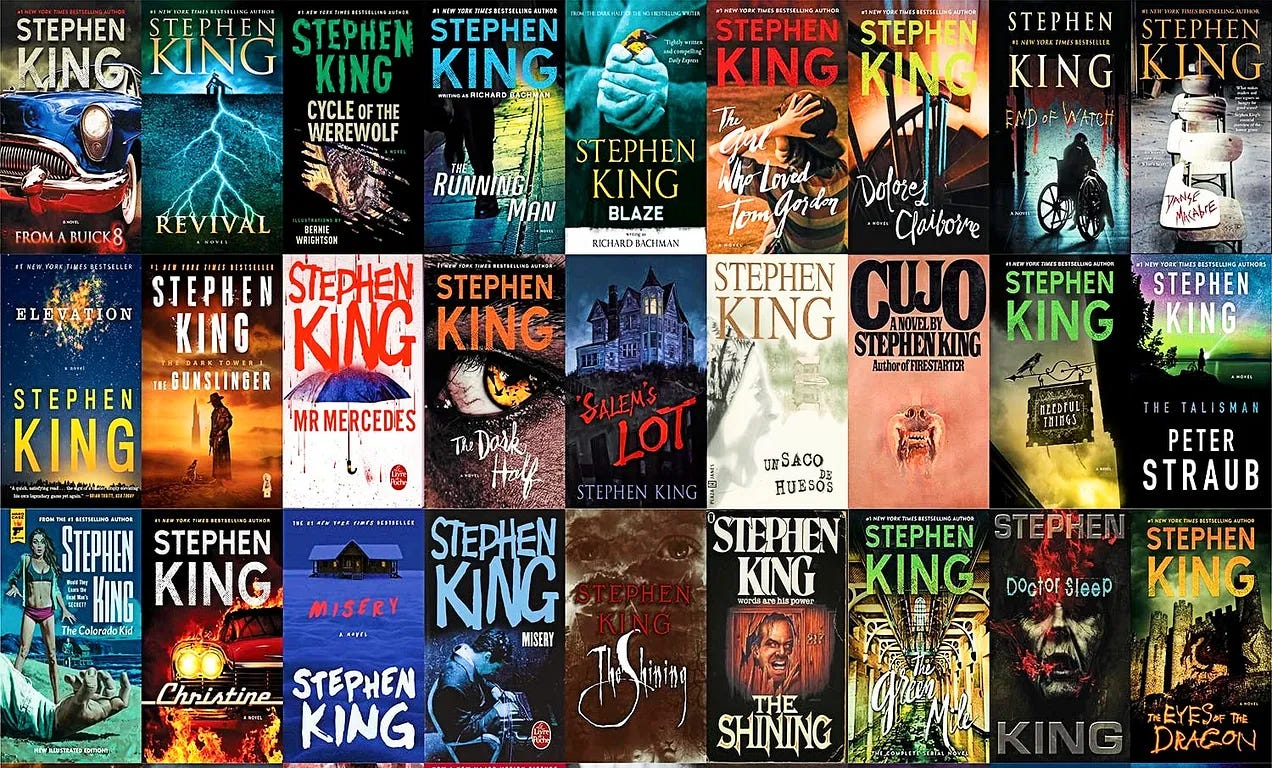Law Used to Ban Books in Clay Schools Ruled 'Overbroad and Unconstitutional'
Friedman Confident Decision Will Be Overturned

The author covers education for the Florida Phoenix, which originally published this story on August 15, 2025. He previously worked for the Iowa Capital Dispatch and the Iowa State Daily. He grew up in Iowa and is a graduate of Iowa State University. The story is reprinted here with permission.
By JAY WAAGMEESTER
A federal trial judge in Florida has ruled that the state’s law banning books deemed “pornographic” from school libraries is, in part, “overbroad and unconstitutional.”
Carlos Mendoza, a President Barack Obama-appointed judge in the Middle District Court of Florida, issued a summary judgement in a lawsuit filed by book publishers against the 2023 law, HB 1069, this week.
The suit, filed a year ago, asked the court to deem the state’s interpretation of “pornographic” and content that “describes sexual conduct” unconstitutional.
“By leaving these items undefined, Florida has given parents license to object to materials under an ‘I know it when I see it approach’,” Mendoza wrote in his 50-page judgement, referring to a lack of definition for “pornographic” and “describes sexual conduct.”
Publishers Penguin Random House, Hachette Book Group, HarperCollins Publishers, Macmillan Publishing, and Simon & Schuster argued the law removes books without considering their literary or artistic value.
The law, Mendoza wrote, “does not evaluate the work to determine if it has any holistic value,” a key part of the legal standard to determine whether material is obscene. (See “Miller test” explanation at bottom of the story.)
“Educators must again perform statutory interpretation on the fly to determine what exactly is ‘inappropriate’ or ‘unsuitable’ because those terms go undefined. All the while, the specter of harsh penalties looms in the background,” Mendoza wrote.
Especially recently, the Florida Department of Education has made public threats and called superintendents in front of the state Board of Education to explain why certain materials are in school libraries.
Also on the plaintiffs’ side were The Authors Guild, John Green, Jodi Picoult and other authors and parents.
Mendoza listed various books involved in the suit, including “The Color Purple,” “I am Not Your Perfect Mexican Daughter,” “Paper Towns,” “The Kite Runner,” “The Handmaid’s Tale,” “Water for Elephants,” and “Homegoing.”
“None of these books are obscene,” Mendoza wrote.
Mendoza determined “pornographic” in law is synonymous with “harmful to minors.”
A Florida Senate committee this year debated further defining what school boards should consider “harmful to minors” but after First Amendment concerns arose, the bill stalled.
Local Reaction
Clay has been identified as one of the most aggresive book banning counties in Florida, certainly in Northeast Florida. And Bruce Friedman has been point man in the effort. This is what Friedman told Clay News & Views about the ruling:
This ruling will be overturned shortly. It does not concern me at all. The Miller test1 obstacles will go away. The Pico case and the recent Supreme Court Mahmoud ruling favor a community standard and properly curated libraries that are harmonized with the conservative nature of (most of) Clay County. Librarians in Clay that forced a "woke" agenda are out. Common sense is in.
I am now tracking over 9,800 titles. Only about 2,500 remain unchallenged in Clay schools. Keep watching that latter number decline. Eighteen removed last month!
Dan Novack, an attorney representing the publishers called it “a sweeping victory for the right to read, and for every student’s freedom to think, learn, and explore ideas,” in a statement to the Phoenix.
“We are elated that the federal court in Florida has upheld the First Amendment rights of students, educators, authors, and publishers. The Court ruled that books may only be removed from school libraries if they lack serious literary, artistic, political, or scientific value when considered as a whole,” Novack said.
The Miller test, established in the Supreme Court case Miller v. California, is the legal standard used to determine if material is considered obscene and therefore not protected by the First Amendment's guarantee of free speech. It's a three-part test that focuses on the material's appeal to the prurient interest, its depiction of sexual conduct, and its lack of serious literary, artistic, political or scientific value.

